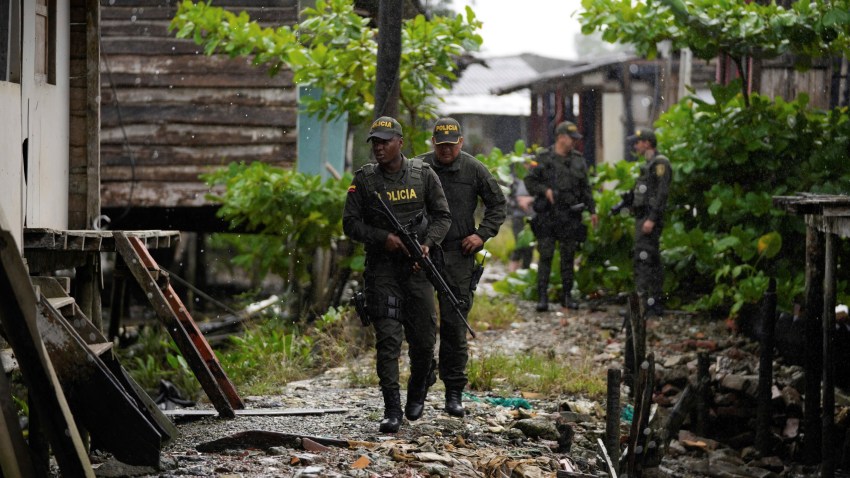As a presidential candidate on the campaign trail, Gustavo Petro promised to bring “Total Peace” to Colombia. But since becoming president in August 2022, his ambitious plans to negotiate directly with the country’s criminal and armed groups have suffered a series of setbacks due to missteps, legislative roadblocks and unforced errors.
Nearly halfway through his four-year term, Petro is no longer relying exclusively on dialogue. He is also turning to the military strategies used by his predecessors. But the clock is ticking on his presidency, and despite a cease-fire and formal negotiations with the largest remaining guerilla group in the country—the National Liberation Army, or ELN—violence in the rural areas where armed groups hold power is on the rise, and residents of conflict zones are losing patience.
“He has two years left in office,” said Francisco Daza, human rights coordinator for the Foundation of Peace and Reconciliation, or PARES, an NGO that studies peacebuilding in Colombia. “But Petro is very aware that campaigns [for the 2026 presidential election] will begin unofficially next year, and the next president could undo everything he is working toward.”

